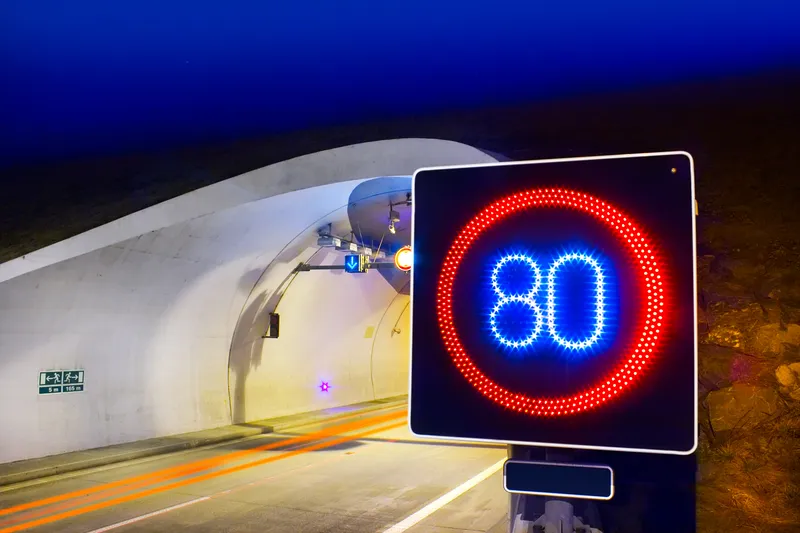ATX, a leading provider of in-vehicle, location-based services to the global automobile industry, is participating in a Deufrako pilot project designed to test different eCall deployment solutions for locating vehicles involved in cross-border emergency situations between France and Germany.
February 2, 2012
Read time: 1 min
Deufrako is an organisation dedicated to funding bilateral (French and German) research projects.
The goal of the project is to analyse the differences in the French and German solutions for transmitting location-enabled emergency signals (eCalls) from vehicles, whether activated manually by motorists facing an emergency or automatically by in-vehicle crash sensors. Results from the study will be used to develop potential migration strategies for ensuring eventual pan-European cross-border standardisation and interoperability for routing of eCalls.










